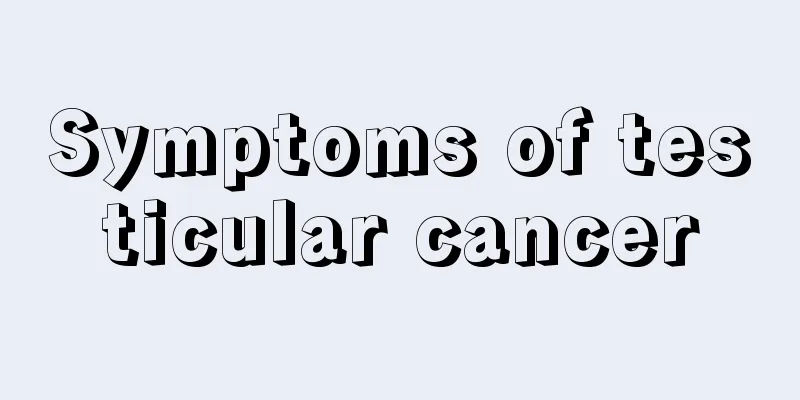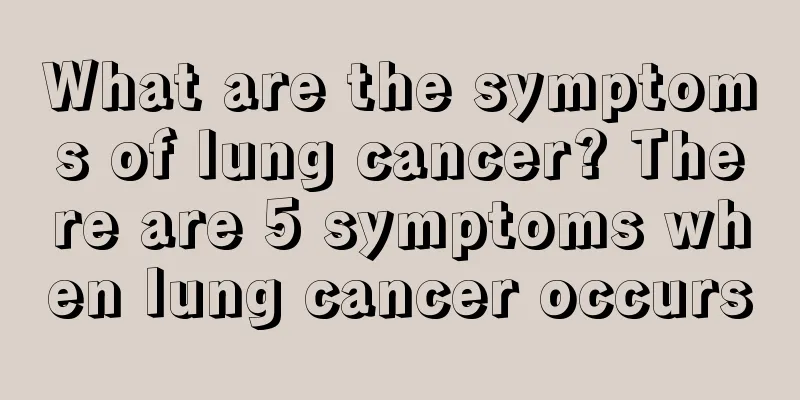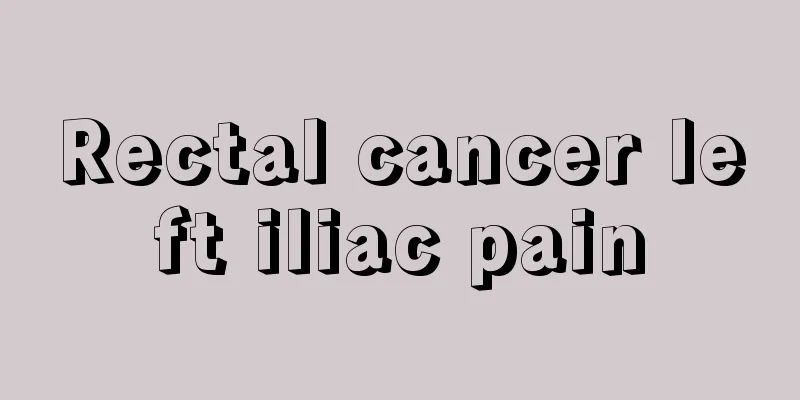Symptoms of testicular cancer

|
Cancer treatment should be based on the principle of early detection, early diagnosis, and early treatment, because early cancer is generally carcinoma in situ. When the disease develops to the late stage, the cancer cells will spread to other parts of the body, making it very difficult to treat and the hope of cure is very slim. Today, I will introduce the symptoms of testicular cancer to you. Most men with testicular cancer present with a swollen testicle. Associated symptoms include heaviness or pain. Severe pain is rare. Because testicular cancer often causes a decrease in sperm count, men occasionally present with infertility. About 20 percent of men present with symptoms caused by metastatic disease. Symptoms of metastatic disease may include back pain, shortness of breath, chest pain, or coughing up blood. Testicular tumor is one of the common tumors in urology. It is almost always malignant, and there are three peaks in the age of onset: yolk sac tumor (infantile embryonal tumor) is the most common in infancy; various types of testicular tumors can be seen between the ages of 20 and 40, but seminoma is still the most common, and seminoma is the main tumor after the age of 70. Its cause is still unclear, and it is currently believed that its onset is related to both genetic and acquired factors. Among them, it is most closely related to cryptorchidism. The chance of cryptorchidism developing tumors is 10 to 14 times greater than that of normal people. Cryptorchidism in the abdominal cavity is higher than that in the groin. Testicular fixation does not reduce the incidence of malignant changes, but it can make tumors easier to detect. The most common symptom is a gradual, painless enlargement of the testicles with a feeling of heaviness. The enlarged testicles of seminoma often maintain the testicular contour and have a consistent texture, while teratoma is nodular and has inconsistent hardness and softness. About 10% of patients feel pain due to intratesticular bleeding or infarction, and 10% of patients may have metastatic symptoms, such as large retroperitoneal lymph node metastasis, compression of nerve roots, back pain, lung metastasis may cause cough and dyspnea, duodenal metastasis may cause anorexia, nausea and vomiting, bone metastasis may cause bone pain, etc. Testicular Leydig cell tumor should be considered when children have testicular masses and symptoms of precocious puberty, or adults have gynecomastia and loss of libido. The cause of testicular cancer is still unknown, and it is currently believed that its onset is related to both genetic and acquired factors. Among them, cryptorchidism is the most closely related. The chance of developing tumors in cryptorchidism is 10 to 14 times greater than that in normal people, and cryptorchidism in the abdominal cavity is more likely than in the groin. |
<<: Clinical symptoms of testicular cancer
>>: What are the common symptoms of testicular cancer
Recommend
There is a raised hard lump on the back of the head
It is not uncommon to have a hard bump on the bac...
Is moxibustion effective for insomnia
Moxibustion can be performed on acupuncture point...
Do you know the common sense of vitiligo care?
Most cases of vitiligo are caused by external fac...
Are smallpox and chickenpox the same?
Smallpox and chickenpox are mostly different. The...
There is a dull pain on the left side of my abdomen
A phrase girls often say is: "My stomach hur...
Is polyester fiber harmful to humans?
In daily life, polyester fiber is a chemical subs...
Can colorectal cancer be transmitted between husband and wife?
Is colorectal cancer contagious between husband a...
Teach you 7 tips to lose belly fat
Losing weight is sometimes not as difficult as pe...
Can sugar help sober you up?
Nowadays, no matter what kind of meal you eat, yo...
What to do if your gums hurt? Experts give you tips
Swollen and painful gums are often caused by not ...
What to do if pus comes out of toes
Normally, when we move around, we can walk or run...
What are the advantages of plant hair dye
Many people know that long-term and frequent hair...
Several common symptoms of glioma
Glioma patients basically have tumors growing in ...
Can Jiaogulan and Chrysanthemum be soaked together?
Gynostemma pentaphyllum is a relatively common me...
What is the function of Zhongwan acupoint?
Zhongwan acupoint is one of the eight extraordina...









